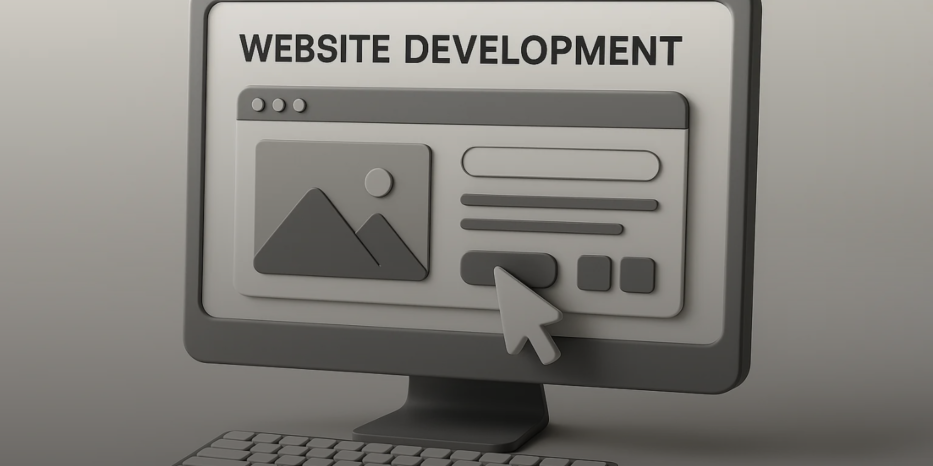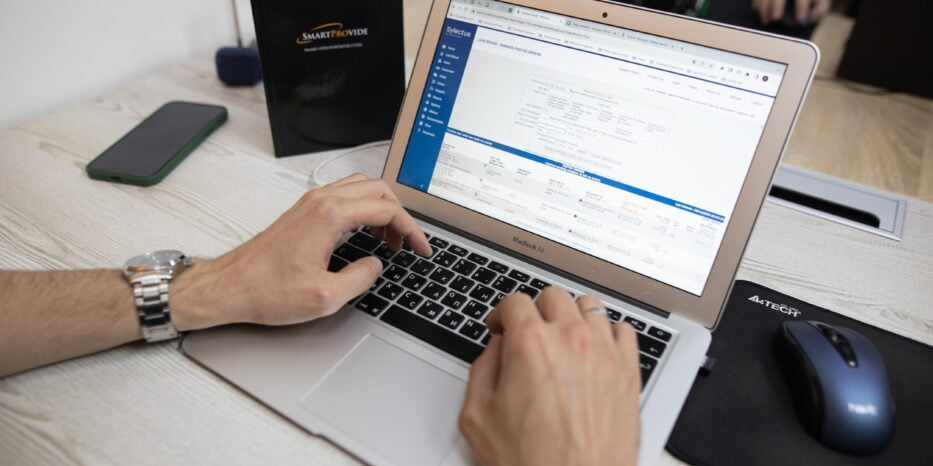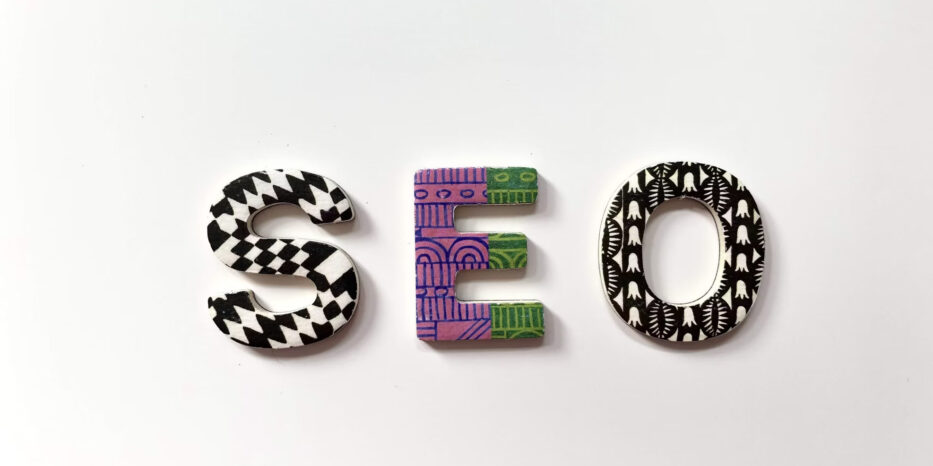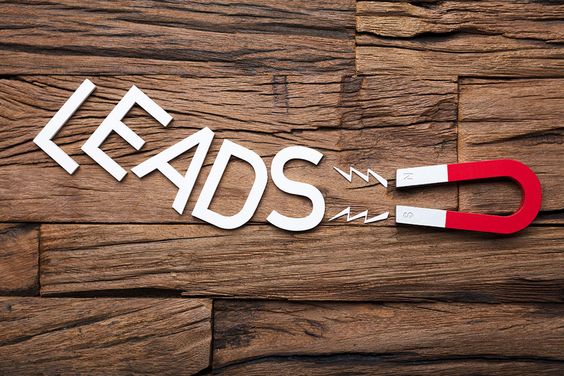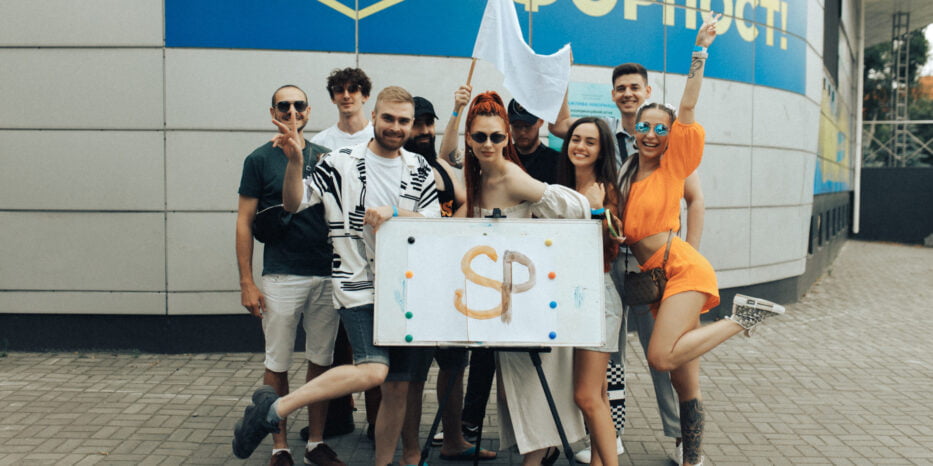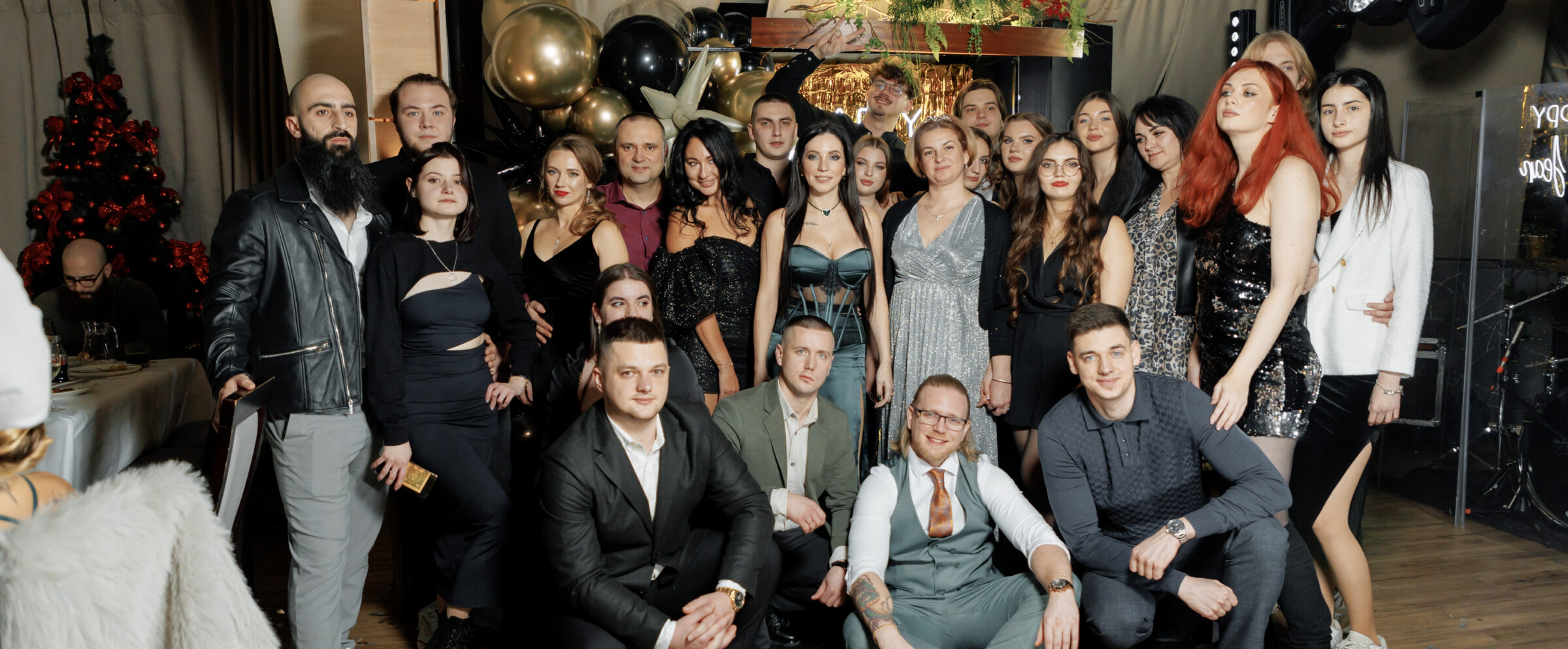
Corporate events are more than just entertainment—they are essential tools for team building, motivation, and enhancing a company’s image. A well-organized event can strengthen the team, boost employee loyalty, and improve productivity. However, achieving these results requires careful planning.
In this article, we’ll discuss the key steps of organizing a corporate event, offer practical advice, and offer ideas for making your event truly memorable.

Define the Purpose of the Event
The first and most crucial step is determining why the event is being held. This helps shape the format, scale, and key activities.
Common corporate event goals include:
Team building – to improve communication and trust within the team.
Training and development – workshops and seminars to enhance employees’ skills.
Motivation and recognition – celebrating achievements and rewarding employees.
Networking and partnership building – strengthening business relationships.
Festive celebrations – New Year’s parties, company anniversaries, or casual get-togethers.
A clear goal will ensure that the event is truly valuable for your company and employees.
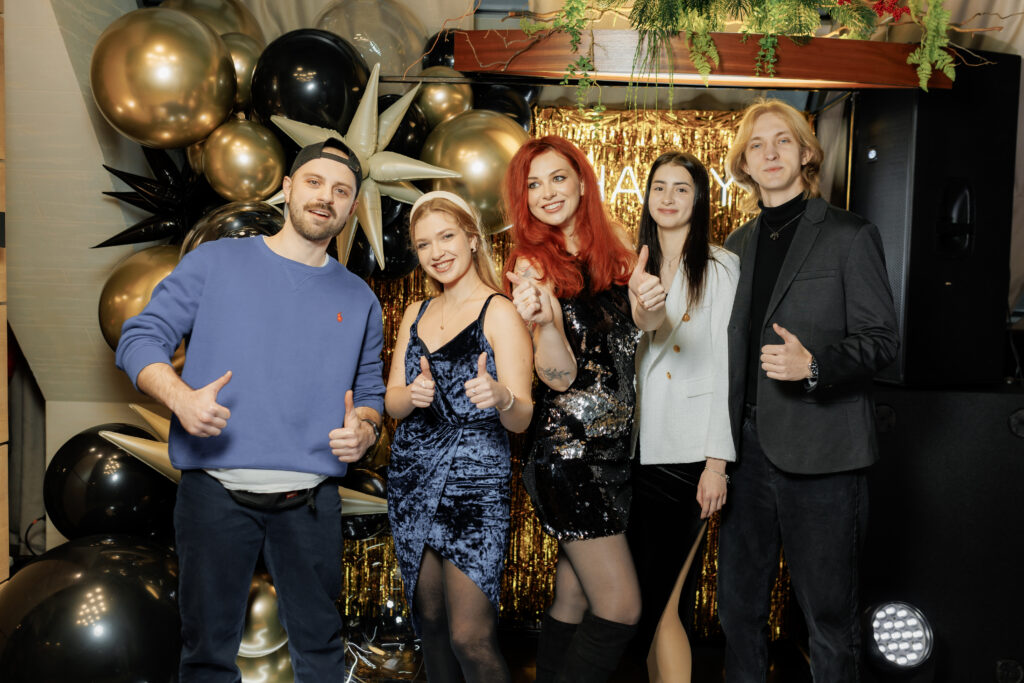
Choosing the Format and Venue
Once the goal is set, select the right format:
In-office events (conference, workshop, party).
Offsite event (team-building retreat, nature getaway, excursion).
Virtual event (ideal for remote teams).
Consider factors such as the number of participants, budget, and location convenience. A small office might benefit from a cozy restaurant, while a larger company may require a conference hall or an outdoor venue.

Creating an Engaging Program
A well-planned program keeps participants engaged. It’s important to balance active and relaxing activities.
Ideas to include in your program:
Team-building games and quests.
Interactive workshops (cooking, painting, pottery, etc.).
Motivational speeches by executives or guest speakers.
Fun contests and prize draws.
Entertainment zones – photo booths, VR experiences, board games.
A well-structured schedule ensures a dynamic and enjoyable experience.




Logistics and Participant Comfort
To ensure employees feel comfortable, plan for:
Convenient accommodation (for offsite events).
Transportation, if the venue is far away.
Quality catering and designated rest areas.
A clear schedule to prevent long waiting times.
Good logistics minimize stress and make the event enjoyable for everyone.

Add Interactive Elements and Surprises
Unexpected elements make an event stand out. Consider:
A surprise guest speaker or celebrity.
Unexpected giveaways and contests.
An interactive wall where employees can share thoughts and feedback.
These touches create lasting memories and excitement.
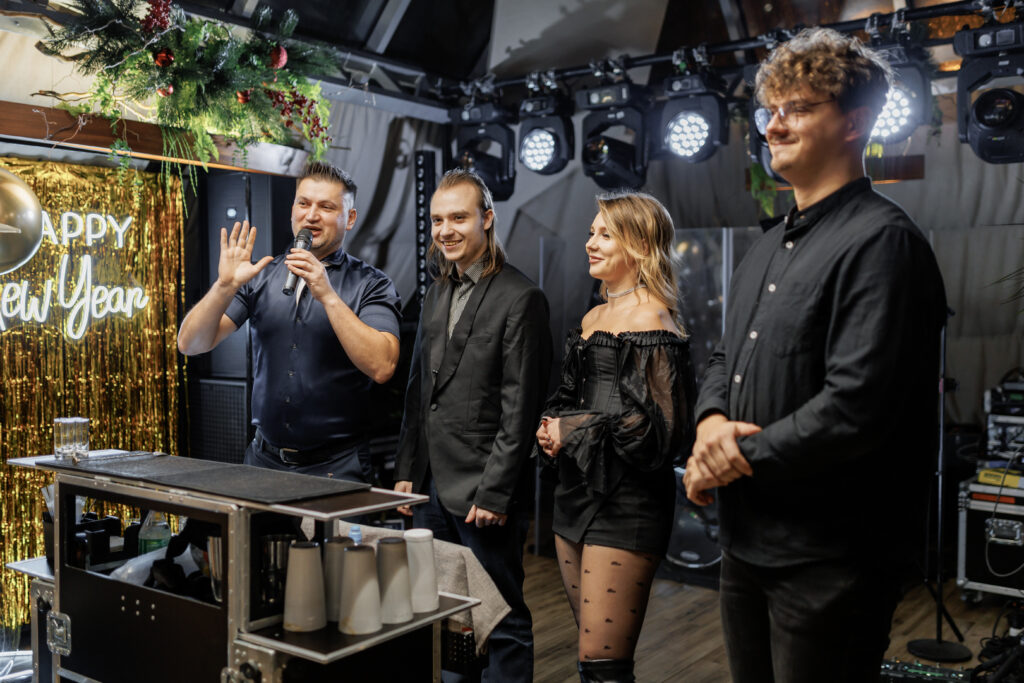

Closing Remarks and Feedback
End the event on a high note:
Summarize key takeaways and express gratitude.
Give employees small souvenirs.
Collect feedback to improve future events.
At our company, we value every aspect of teamwork, whether it’s a major project or a corporate event. We believe that a positive work atmosphere directly influences productivity and motivation. That’s why we approach corporate events with the same level of responsibility as any other task, ensuring that our employees feel valued and inspired. After all, happy employees make a successful team!




